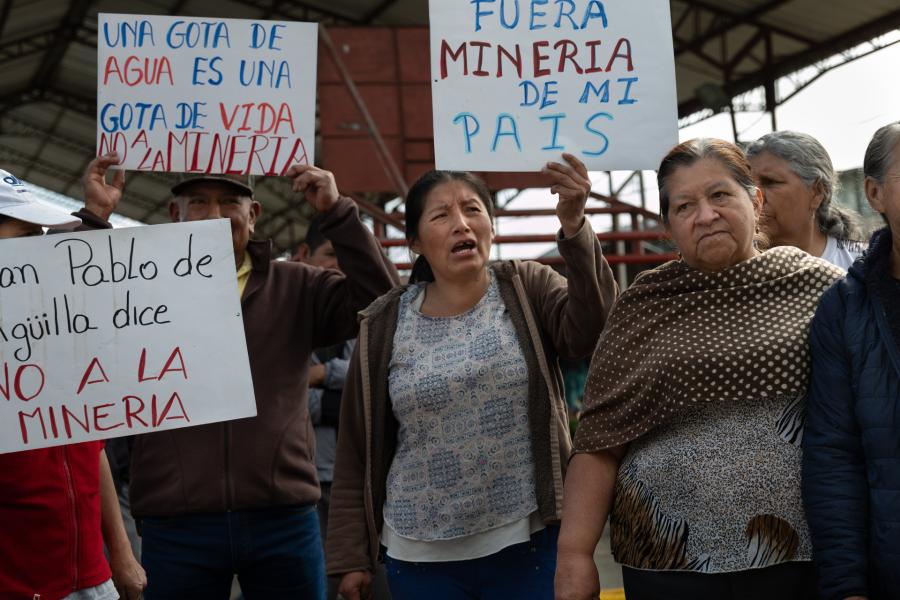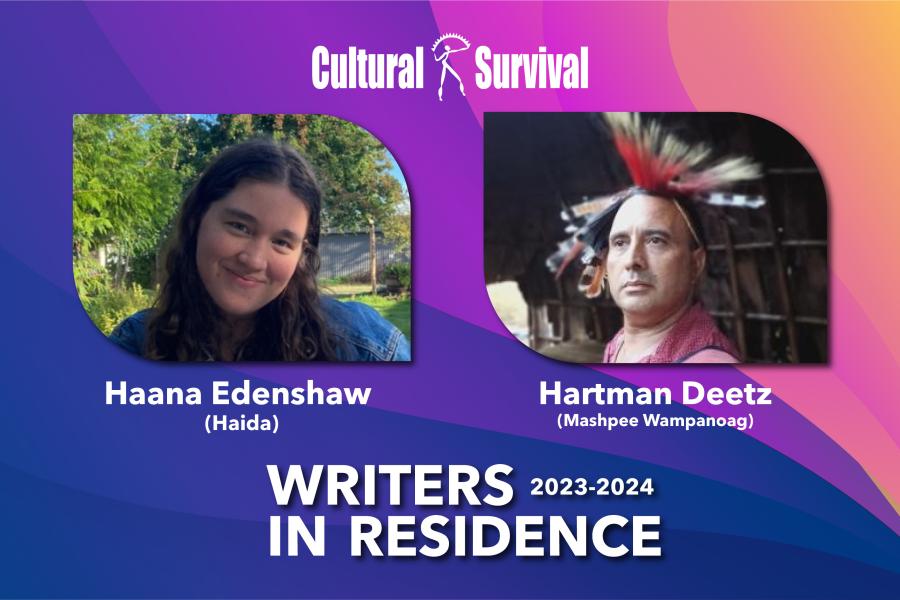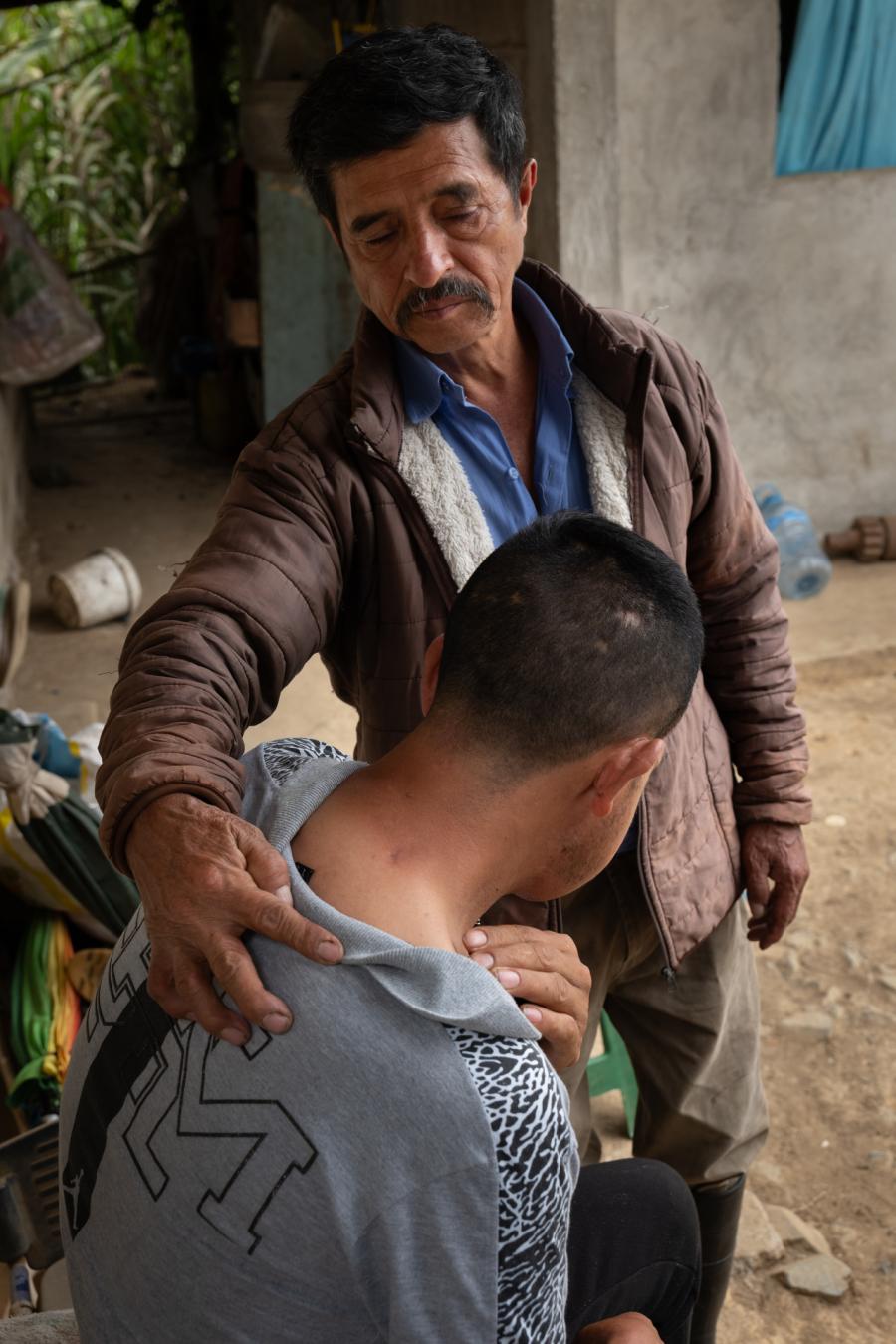During my time at the University of Massachusetts at Amherst I learned of the issues facing the Innu of Sheshatshiu in a course entitled "Contemporary Issues of North American Indians." The classroom discussion about the pain caused by hydroelectric dams and low-level flying affected me greatly. As an intern at Cultural Survival, I was presented with the opportunity to visit the community of Sheshatshiu. The purpose of my trip was to help create connections and arrange for five Innu students to travel to Boston for the upcoming Cultural Survival student conference.
Unable to pass on the opportunity, I arrived in Goose Bay armed only with the knowledge drawn from as many books and articles as I could find on life in Sheshatshiu. The powerful spirit and community I encountered were a welcome surprise.
In the two weeks I spent in the community I did not hear mentioned the issues so prevalent in my academic investigations. Members of the community exhibited their often hidden (and sometimes funny) take on avenues of creating a healthy community.
The chance for Innu students to travel to Boston for the Cultural Survival Fall 2000 Student Conference dovetailed with their strategy for a better future. They hoped that the trip to Boston would act as the impetus for the development of an exchange program with Boston students. This program would help develop leaders of tomorrow today: to be on the same level as the leaders of future governments, the Innu need to see and experience different worlds and make connections between cultures.
At my departure I felt a release of the sadness I had absorbed while learning about the problems faced by indigenous peoples of the world. The positive energy in Sheshatshiu renewed my happiness and hope: I knew that the strength and determination of few will one day empower the many.
Article copyright Cultural Survival, Inc.



